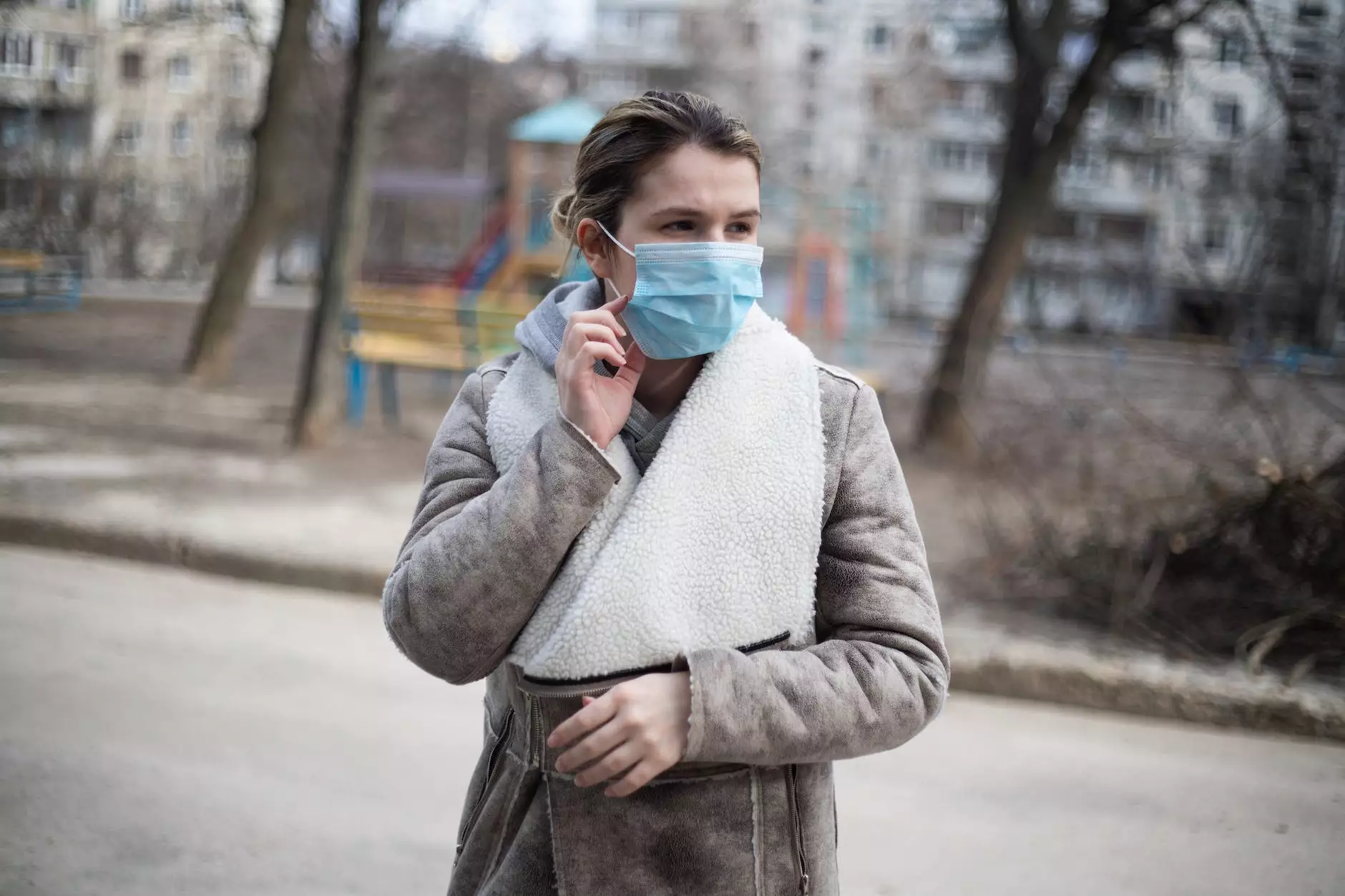Summer Illnesses to Watch Out For
Health
Introduction:
Welcome to Kelley Tim PA-C, your trusted source of health information in the Health category. In this comprehensive guide, we will discuss the most common summer illnesses you should watch out for and provide essential tips to help you stay healthy and enjoy the summer season to the fullest.
1. Heatstroke:
When temperatures soar during the summer, it's important to be aware of the risks associated with heatstroke. Heatstroke occurs when the body's temperature regulation system fails, leading to a dangerously high body temperature. Symptoms include dizziness, rapid heartbeat, headache, and even loss of consciousness. To prevent heatstroke, stay hydrated, avoid excessive sun exposure, and wear lightweight, breathable clothing.
2. Sunburns:
Nothing ruins a summer day like a painful sunburn. Sunburns occur when the skin is exposed to excessive ultraviolet (UV) radiation from the sun. Always apply sunscreen with a high SPF before heading outdoors, wear protective clothing, and seek shade during peak sun hours. If you do get sunburned, apply soothing aloe vera gel and drink plenty of water to aid in the healing process.
3. Food Poisoning:
Summer picnics and barbecues are perfect for enjoying delicious food, but they also come with a risk of food poisoning. To prevent foodborne illnesses, ensure proper handling, cooking, and storage of perishable foods. Wash your hands frequently, separate raw and cooked foods, and refrigerate leftovers promptly. Pay attention to expiration dates and avoid consuming spoiled or contaminated food.
4. Lyme Disease:
Outdoor activities such as hiking and camping expose us to ticks, which can transmit Lyme disease. Protect yourself by wearing long-sleeved clothing, using insect repellents, and regularly checking for ticks after spending time outdoors. If you notice a tick, remove it carefully using tweezers and clean the area with alcohol or soap.
5. Heat Rash:
Heat rash, also known as prickly heat, occurs when sweat ducts become clogged, leading to a cluster of small, itchy bumps on the skin. To prevent heat rash, wear lightweight and breathable clothing, take cool showers, and keep the affected area dry. Calamine lotion and over-the-counter hydrocortisone creams can provide relief for existing heat rash.
6. Swimmer's Ear:
Swimming is a popular summer activity, but it can also lead to an unpleasant infection called swimmer's ear. This infection occurs when water remains trapped in the ear, creating a moist environment ideal for bacterial growth. To prevent swimmer's ear, dry your ears thoroughly after swimming and avoid inserting objects into your ear canal. If you experience pain, redness, or discharge from your ear, seek medical attention.
7. Dehydration:
Proper hydration is essential during the hot summer months. Dehydration occurs when the body loses more fluids than it takes in. To avoid dehydration, drink plenty of water throughout the day, even when you're not feeling thirsty. Limit your intake of caffeinated and sugary beverages, as they can contribute to dehydration. Remember to carry a water bottle with you and stay hydrated, especially during outdoor activities.
8. Allergies:
Summer allergies can cause significant discomfort for many individuals. Common allergens during this season include pollen, grass, and mold spores. To manage allergies, try to stay indoors during periods of high pollen count, keep windows closed, and use air purifiers to improve indoor air quality. Over-the-counter antihistamines and nasal sprays can provide relief from allergy symptoms, but consult with a healthcare professional for personalized advice.
Conclusion:
With the proper knowledge and preventive measures, you can protect yourself and your loved ones from the common summer illnesses that may dampen your spirits. Stay proactive, follow these guidelines, and consult with a healthcare professional if needed. Remember, enjoying the summer season doesn't have to be associated with health risks. Stay healthy and have a fantastic summer!










